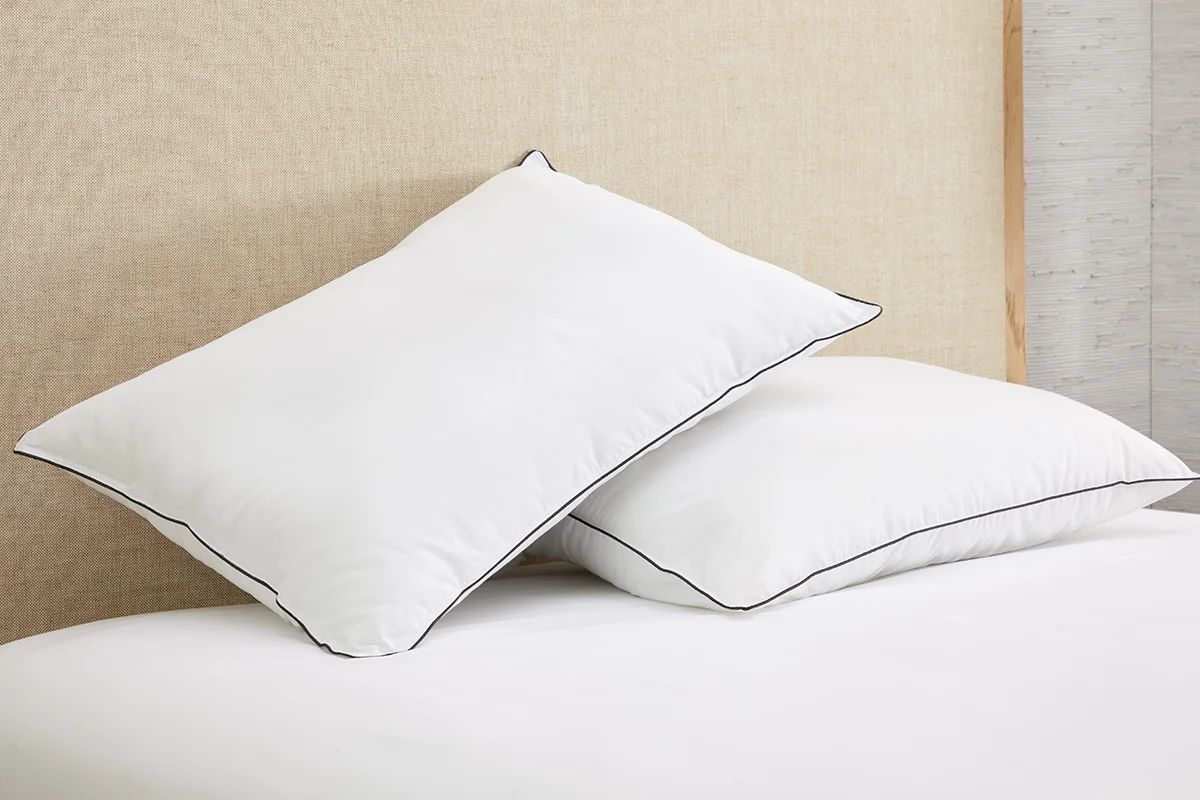Physical Address
304 North Cardinal St.
Dorchester Center, MA 02124
Physical Address
304 North Cardinal St.
Dorchester Center, MA 02124

Sleep apnea is a serious condition that disrupts breathing during sleep, leading to poor rest, fatigue, and long-term health risks. While there are various treatments available, using the right pillow can significantly improve sleep quality and alleviate sleep apnea symptoms. In this guide, we’ll explore how a pillow designed for sleep apnea can make a difference and what to look for when choosing one.
A supportive and ergonomic pillow can help keep your airways open, reduce snoring, and promote better breathing. Here’s how:
If you suffer from sleep apnea, consider these pillow types:
Memory foam pillows contour to your head and neck, keeping the spine aligned and reducing airway blockage. They are an excellent choice for back and side sleepers.
Designed specifically for CPAP users, these pillows have cutouts to accommodate the mask and hose, preventing displacement during sleep.
A wedge pillow elevates your upper body, reducing airway obstruction and minimizing snoring. This is a great option for those who experience sleep apnea more severely when lying flat.
These pillows allow you to customize the height and firmness, ensuring optimal neck and head support for better airflow.
When choosing a pillow for sleep apnea, consider the following factors:
In addition to using a specialized pillow, here are other ways to improve sleep quality:
A high-quality sleep apnea pillow can be a game-changer for those struggling with sleep disruptions. By choosing the right pillow, maintaining proper sleep hygiene, and following medical advice, you can significantly improve your sleep quality and overall well-being. Invest in your rest today and wake up feeling refreshed!